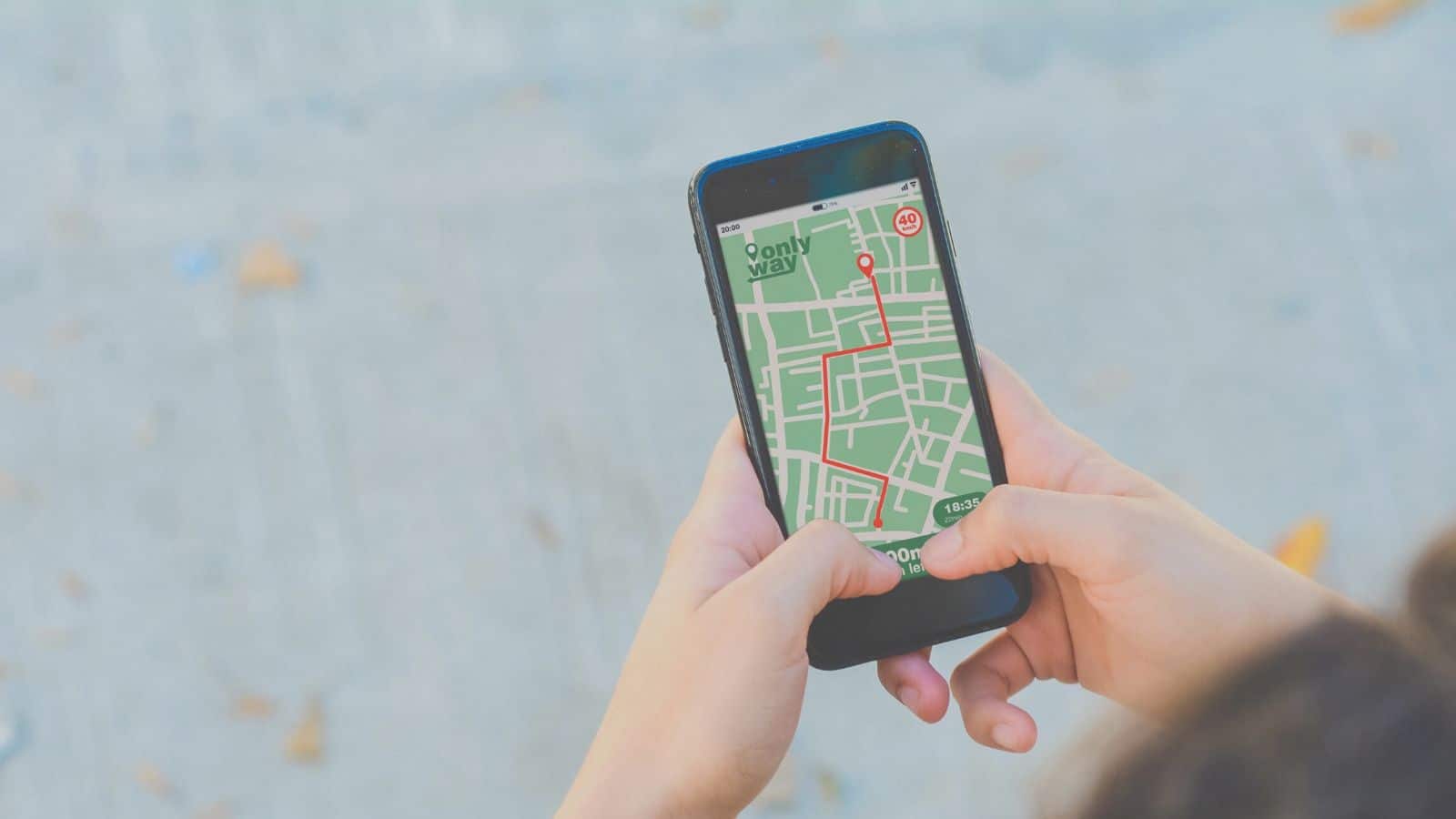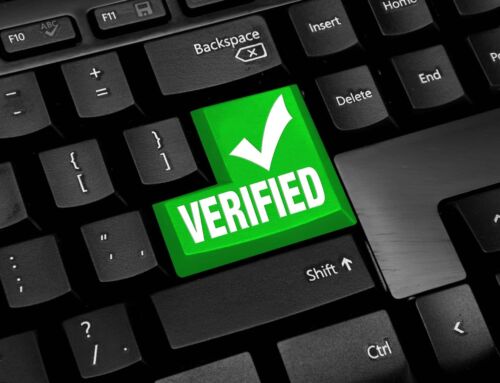
Your Guide to Local SEO

According to HubSpot, 46% of all Google searches are for local information and 4 in 5 customers use search engines to find local businesses.
For that reason, optimizing your website for local search engine optimization (SEO) is imperative for your business.
What is Local SEO?
Local search engine optimization, or local SEO, is the process of optimizing your website to reach a more local audience and increase foot traffic to your door (and traffic to your website). This includes optimizing for searches with local intent which include phrases like “restaurants near me” or “marketing agencies in Lafayette, LA.” If your business has a brick-and-mortar location, optimizing for these types of searches is a great strategy since it connects you directly with customers in your area who are searching for your product or service.
Why is local SEO important?
Local SEO aims to capture the attention of local customers who are looking to make purchases or request services. To get more customers into your store or more appointments for your office (i.e. conversions), you need to make it as easy as possible for these customers to find your business. Here are some recent statistics on the growing importance of local SEO:

Want to see how your website stacks up in local searches? We can complete a free local SEO audit using Bright Local and figure out what steps you need to take to get your site ranking locally.
Local SEO vs. Organic SEO
The difference between local SEO and organic SEO is based on the user’s intent.
Organic SEO:
Local SEO:
Local SEO & Google
When a person searches for information with a local intent such as “pizza restaurants near me,” Google will often pull the top three results into a block called a “local pack” or “3-pack.” This grouping includes the listings of the top three local businesses that directly relate to the search query. The information listed in the block is pulled from each business’s Google My Business listing.
What is Google My Business?
Google My Business (GMB) is a free profile for your business that Google uses to help users find what they are looking for faster. This profile will include information like:
The information provided by your GMB profile can appear in Google’s local pack, Google Maps, and to the right of search results pages in the “knowledge panel.” It is important that all of the information in your profile is accurate, consistent, and up-to-date. This will make ranking for local searches that much easier.
Google My Business also lets you post content to your profile as an added way of providing information to potential customers. These posts show up in search engine results pages (SERPs) when people search for your business. You can treat this feature like your social media platforms by posting similar types of content. You can share new product information, discounts or promotions, events, company updates or any other type of information.
A great way to manage your Google My Business posts is with a content calendar. This calendar acts as a management tool that outlines what and when you post. Firefly Marketing has developed an easy-to-use 2021 social media and GMB content calendar template for you to use in your content planning.
How to Claim your GMB Listing
In order to begin optimizing your GMB listing, you must first claim your business profile with Google. To do this, you can:
Once your listing is verified, you can begin filling in the proper information and start reaching your local audience.
Here’s a video demonstrating how to claim your GMB listing:
Multiple locations
For businesses with multiple locations, it is important that each location has its own GMB profile. These profiles should be treated like separate websites that have unique information for each location such as:
Managing Reviews
Getting reviews is a major component of local SEO because it adds credibility to your business. Not only is it important to get reviews from customers, it’s also important to respond to reviews (both good and bad) in a timely manner. Remember that your Google My Business profile is a way for your voice to be heard. Take the opportunity to talk to your customers and show them what makes your business the best.
How to encourage customers to leave reviews
While it is important to get reviews from your customers, the process of getting them can be a little awkward. Here are a few ideas to encourage your clients to leave reviews:
Local Citations
In addition to your GMB profile there are other ways to get your business information to a local audience. Citations are business profiles or listings found in online directories or other websites such as Yelp, TripAdvisor, Bing, Mapquest, etc. Your business is likely already listed on these sites. However, the information provided on these pages is not always accurate. You need to claim these citations in order to edit them and provide the right information about your business, all of which benefits your local SEO efforts.
Importance of NAP Consistency
NAP stands for “name, address, and phone number.” It is important for local SEO that this information stays consistent in all of your business listings. If the information is not consistent, users will lose trust in the accuracy of your profile and will likely choose a more reliable listing. For example, if your hours on your GMB profile are different from what is listed on Bing or Facebook, a potential customer might pick one of your competitors instead. This inconsistency also affects your local rankings and might cause you to lose the 3-pack position.









